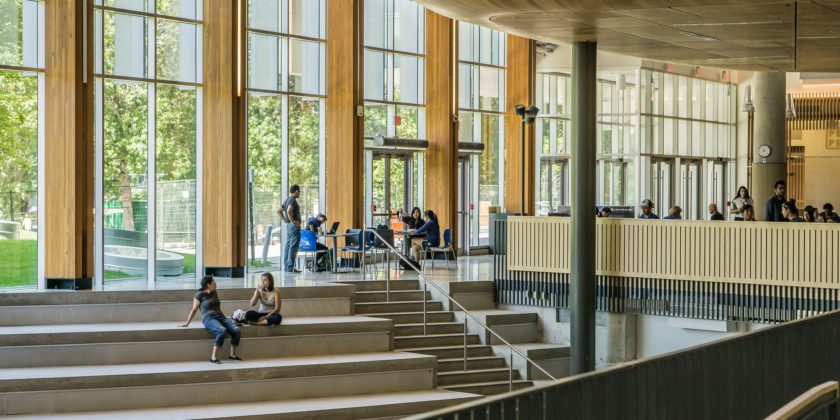2021-2022 Common App Essay Prompts – New Prompt Alert!
Reflect on something that someone has done for you that has made you happy or thankful in a surprising way. How has this gratitude affected or motivated you?
They will also retain the optional COVID-19 question within the Additional Information section.
The new prompt is inspired by scientific research on gratitude and kindness, specifically the benefits of writing about the positive influence of other people in our lives.
This mindset resonates with Common App President & CEO Jenny Rickard. “Particularly at this challenging time, we can help students think about something positive and heartfelt in their lives,” she explains. “And we can do it explicitly.”
In crafting the new option, they relied on the expertise of counselors and admission officers on our Outreach and Application Advisory Committees, along with input from psychology and gratitude researchers. Together, these educators understand the ingredients of a successful essay prompt. The final language they helped to shape balances flexibility with direction. They believe the new choice will generate stories that students are inspired to write and that colleges are excited to read.
An essay prompt can’t erase the loss and anxiety of the last 12 months, but it can validate the importance of gratitude and kindness. The CA hopes students see the new prompt for what it is intended to be: an invitation to bring some joy into their application experience.
Below is the full set of essay prompts for 2021-2022.
- Some students have a background, identity, interest, or talent that is so meaningful they believe their application would be incomplete without it. If this sounds like you, then please share your story.
- The lessons we take from obstacles we encounter can be fundamental to later success. Recount a time when you faced a challenge, setback, or failure. How did it affect you, and what did you learn from the experience?
- Reflect on a time when you questioned or challenged a belief or idea. What prompted your thinking? What was the outcome?
- Reflect on something that someone has done for you that has made you happy or thankful in a surprising way. How has this gratitude affected or motivated you?
- Discuss an accomplishment, event, or realization that sparked a period of personal growth and a new understanding of yourself or others.
- Describe a topic, idea, or concept you find so engaging that it makes you lose all track of time. Why does it captivate you? What or who do you turn to when you want to learn more?
- Share an essay on any topic of your choice. It can be one you’ve already written, one that responds to a different prompt, or one of your own design.
*Stay in the know! Subscribe*








